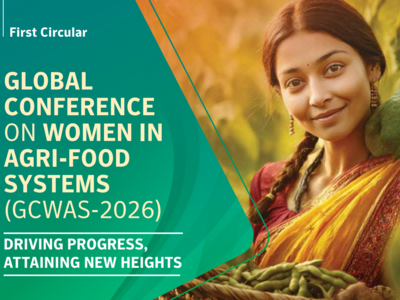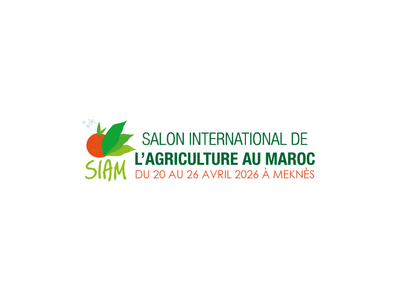ICARDA at COP29: A Climate-Smart Blueprint for Drylands
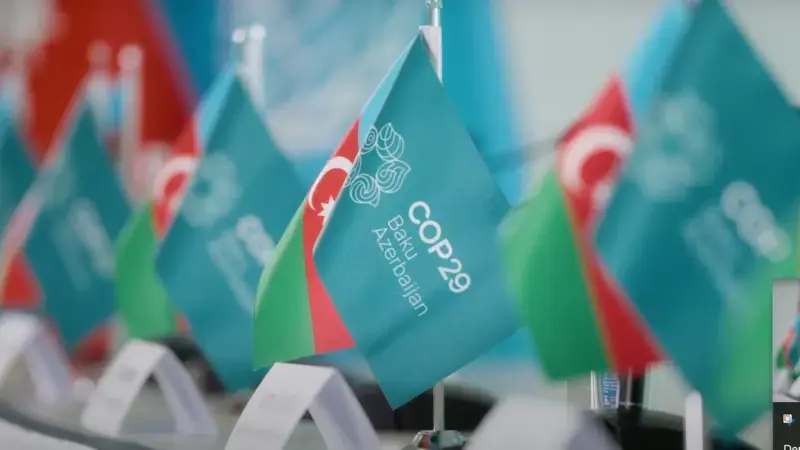
As COP29 in Baku, Azerbaijan, came to a close, one thing was clear - as with the last two COPs, agriculture has shifted from the sidelines to center stage in the global climate conversation.
Throughout the COP29 conference, ICARDA played a pivotal role in raising awareness of the urgent need for climate-smart solutions to be better adapted for the world's most vulnerable dryland regions. We engaged with international experts, regional leaders, and a wide range of stakeholders across events, meetings, and discussions to build consensus on agriculture's role in a more resilient future for our dryland region and globally.
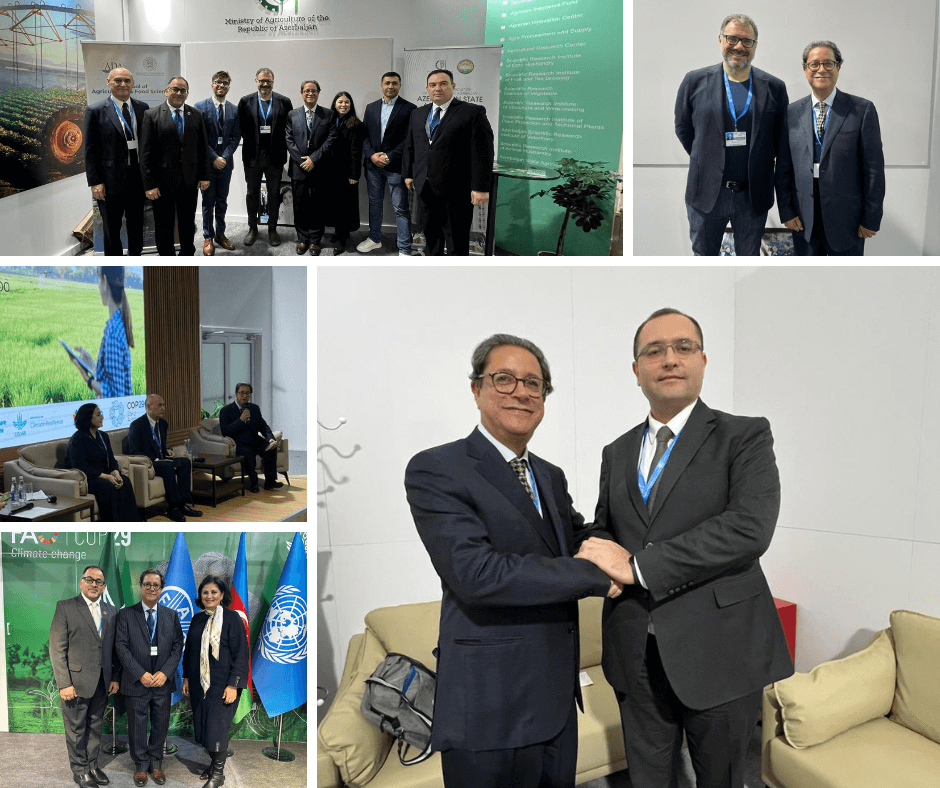
Setting the Stage for Resilience
We kicked off with a strategic consultation, co-hosted with ICRISAT, on the CGIAR Global Strategy for Resilient Drylands (GSRD), which was subsequently launched at COP16. The session was a powerful reminder that climate resilience in agriculture hinges on cutting-edge science and people-led solutions that adapt to local contexts. Michael Baum, ICARDA's Acting Deputy Director General, outlined the stakes:
"Our strategy is about turning research into action, empowering communities not just to survive but thrive amid the growing challenges of climate change."
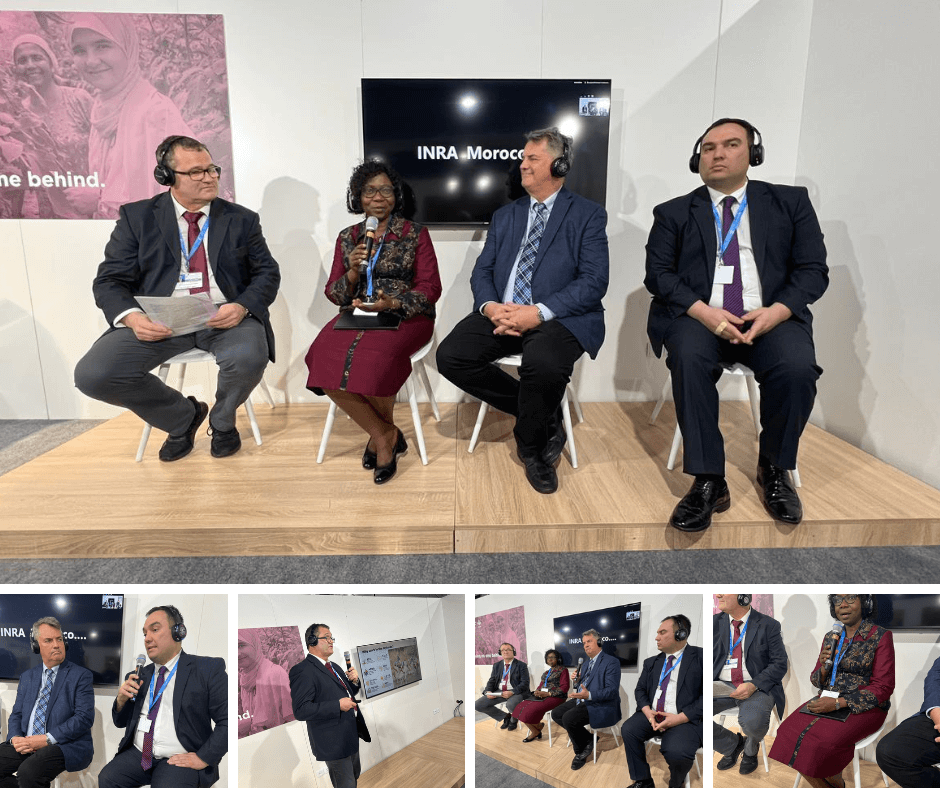
The lively exchange of ideas continued as speakers underscored the importance of adaptive strategies as participants from regions as diverse as the Sahel, Central Asia, and Latin America exchanged insights on the intersection of climate, peace, and food security, with a particular focus on the humanitarian-development-peace (HDP) nexus at our following session on fostering South-South cooperation, co-hosted with the Alliance of Bioversity International and CIAT.
"In the MENA region, peacebuilding and conflict resolution must merge with climate action. Building national capacities to address climate, peace, and security together is crucial." – Sara Rabie, Alliance of Bioversity International and CIAT.
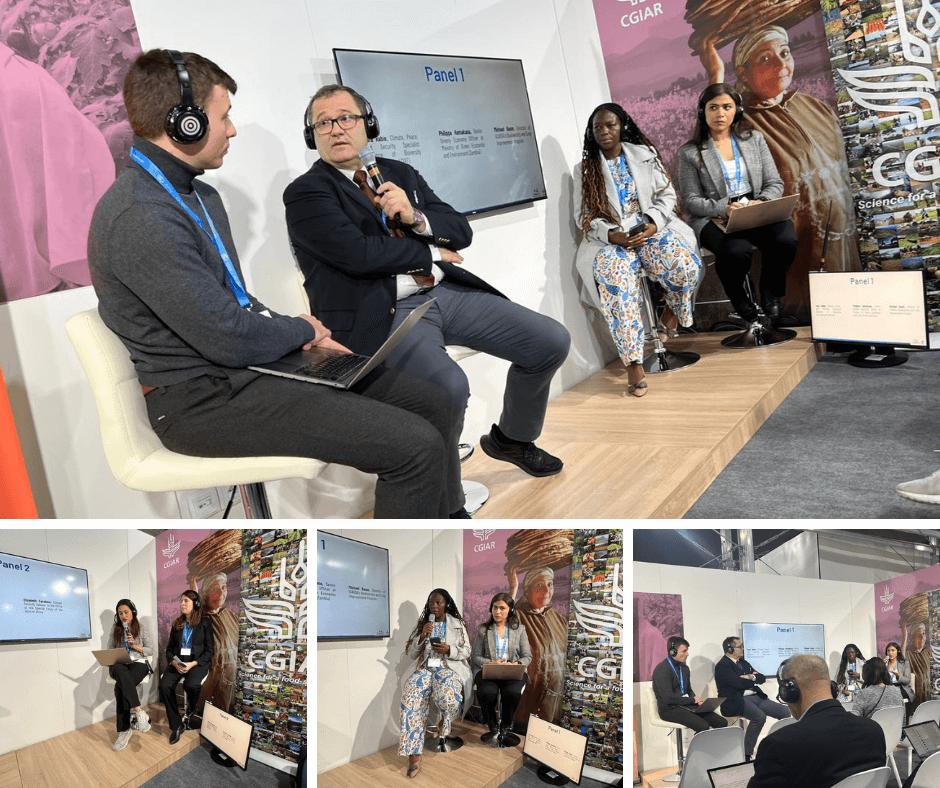
Strengthening the Case for Sustainable Agroecology
ICARDA's participation at COP29 featured a series of focused discussions, including a CGIAR-hosted webinar on the importance of sustainable agroecology in global drylands. Mr. Aly Abousabaa, ICARDA's Director General and CGIAR's Regional Director of CWANA, joined CGIAR's Executive Managing Director, Ismahane Elouafi, to underline the urgency of resource optimization in agriculture.
"Our research aims to advance climate-smart agriculture by optimizing resource management, enabling farmers on the frontlines of climate change to achieve cost efficiencies and develop sustainable, thriving business models,"
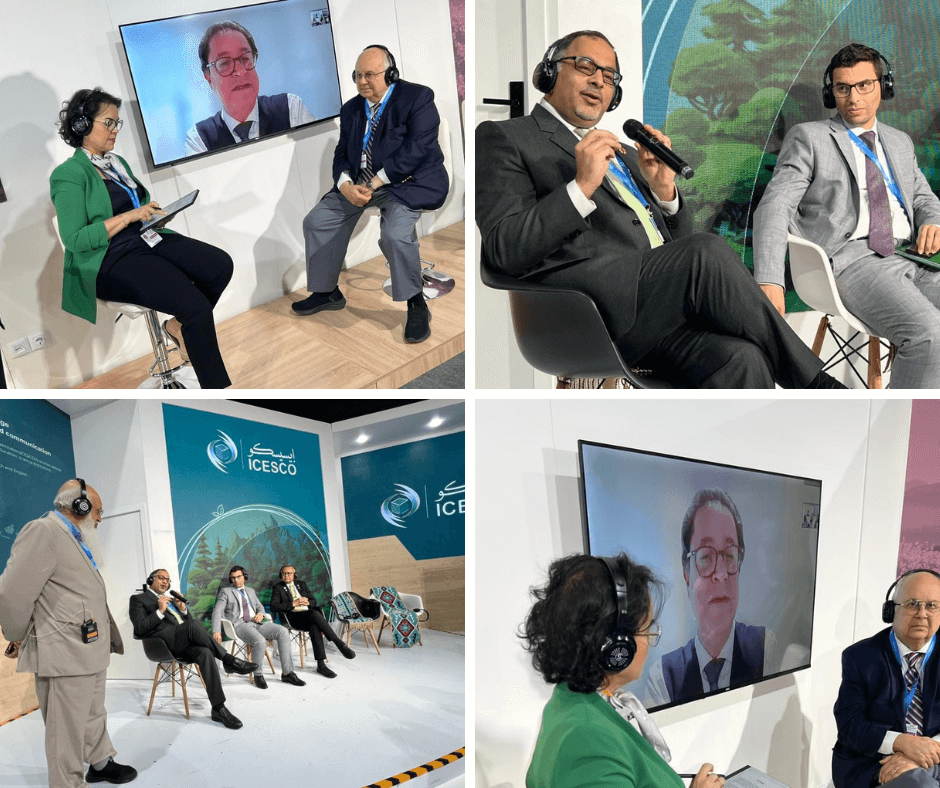
Bringing the Margins to the Main Stage
At the AgriFuture 2024 event, ICARDA's Director General, Mr. Aly Abousabaa, spoke passionately about empowering women and youth, the oft-neglected heroes of agricultural transformation:
"To secure a climate-resilient future, we need to equip the next generation with not just the tools, but the knowledge and policies to lead,

Minister Majnun Mammadov of Azerbaijan, the host of the COP29 Presidency, lent his voice to the cause, calling the Harmoniya Initiative "a catalyst for global climate action." ICARDA Board Member Charles Spillane added a pragmatic note:
"The just transition of agrifood systems must be driven with and for farmers, ensuring practical, impactful solutions for resilient livelihoods."
Finance, Farmers, and Foresight
Investment in climate action was a recurring theme across COP29, and ICARDA did not shy away from the financial challenge. The "Just Transition in the Agrifood System" event, aligned with the Harmoniya Initiative, illustrates the pressing need to close the finance gap for sustainable agriculture. In a discussion attended by policymakers and financial experts, the focus was squarely on ensuring that smallholder farmers, the backbone of global food systems, have access to the capital needed to transition to climate-smart practices.
ICARDA's engagements at COP29 were not limited to consultations and panels. We held the spotlight at the CGIAR and FAO Food and Agriculture Pavilion, presenting innovative solutions and the urgency of translating science into policy. The pavilion also saw passionate debates, from water management in arid landscapes to enhancing soil health through predictive modelling.

ICARDA's delegation highlighted a host of groundbreaking agri-approaches, including CGIAR's Climate Smart Villages Plus (CSV+), tailored to boost resilience in communities on the frontlines of climate change. These initiatives underscored the potential for scalable solutions that do more than mitigate damage. They promise a more sustainable and equitable agricultural future.
From Talk to Action: A Way Forward
In one of our final sessions, titled "Think Global, Act Local: Food Loss and Waste for Climate Change Adaptation and Security in the Global South," co-hosted with IFPRI, experts laid out concrete strategies to reduce food loss and waste, a critical element in building resilient agrifood systems.
Ann Vaughan from USAID noted the clear benefits:
"Improved supply chains do more than reduce waste—they strengthen rural economies and put more money into farmers' pockets."
The release of the COP29 Declaration on Water for Climate Action was another significant milestone towards dryland resilience. ICARDA's Research Team Leader, Vinay Nangia, hailed the declaration as a beacon of hope for dryland communities where water scarcity remains a relentless threat.
"Water is the crux of our challenges, but it's also at the heart of our solutions," he said, underlining the intricate connection between agriculture, climate, and resource management.
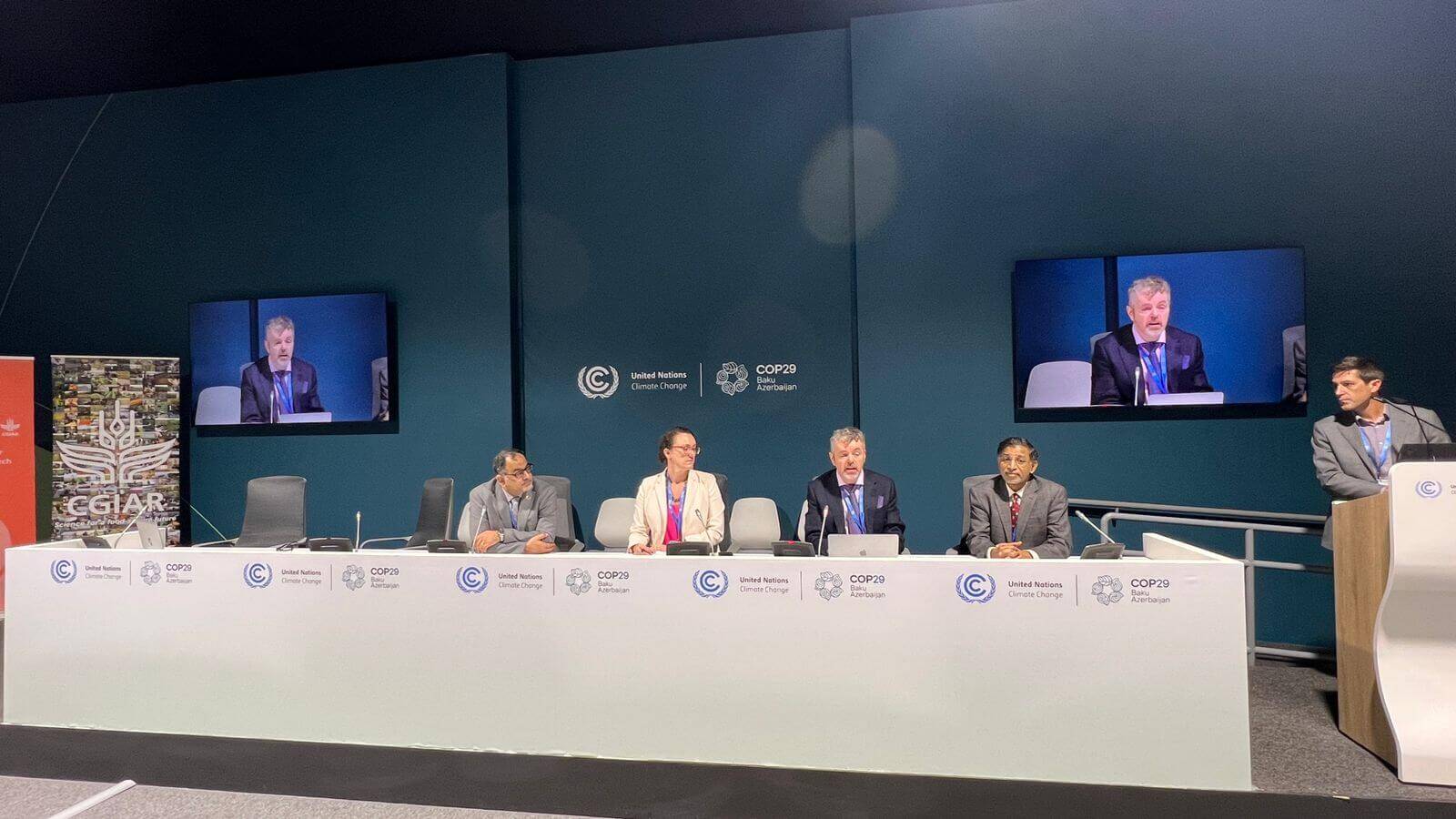
Looking Ahead
COP29 demonstrated the power of collaboration, bringing together global minds to address some of the most pressing challenges of our time. For ICARDA, the conference was not just an opportunity to advocate for dryland agriculture but to shape the future of global food systems. From consultations on sustainable agriculture to dialogues on regional cooperation, ICARDA's agenda is set: scaling climate-smart innovations, securing sustainable financing, and empowering the most vulnerable communities.
As the global climate conversation moves forward, ICARDA's presence at COP29 has cemented its role as a key player in transforming agriculture for a warmer, drier world. The conference may have ended, but the journey toward resilient agrifood systems is just beginning, and ICARDA is leading the charge.

